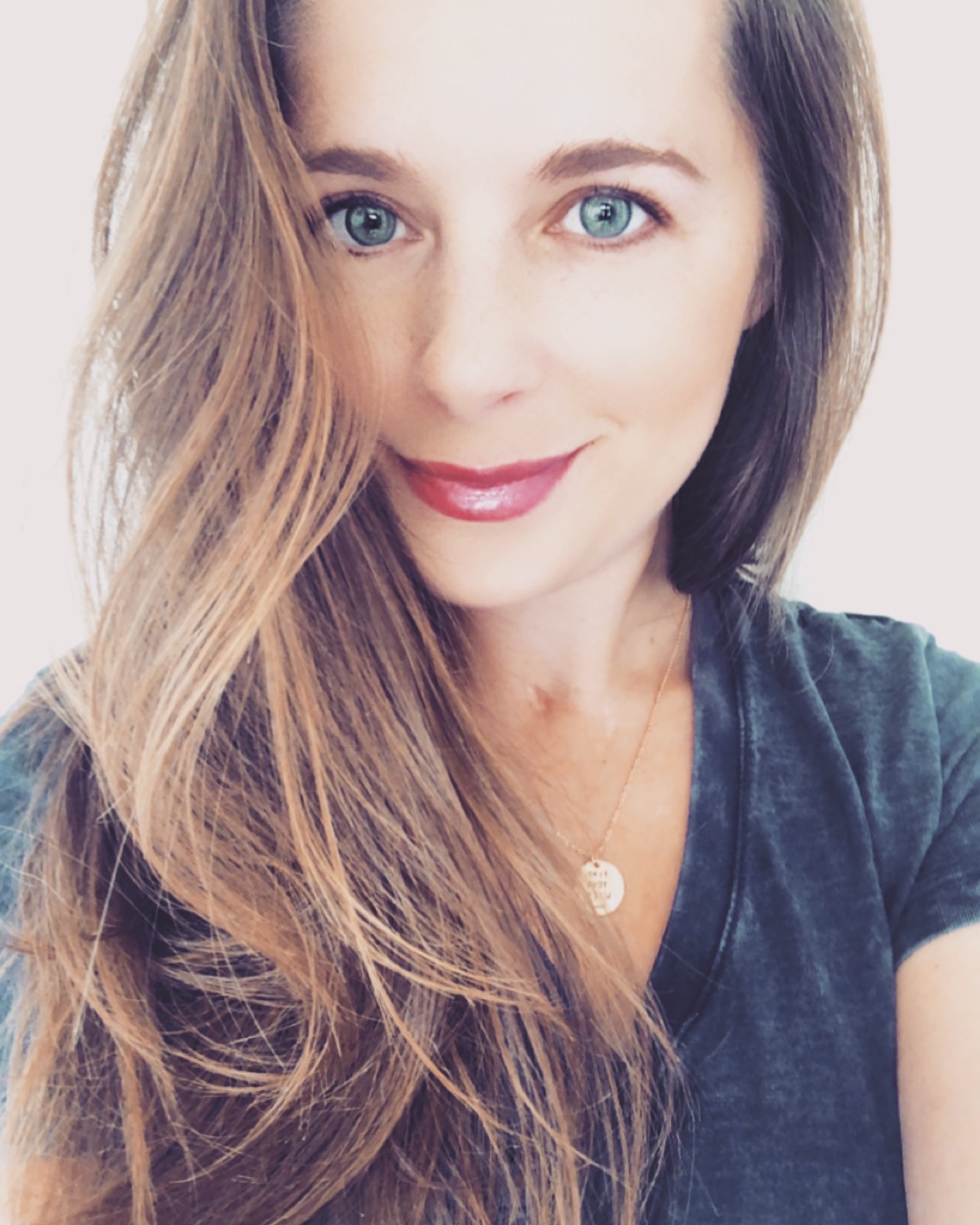Author Spotlight: Adiba Jaigirdar talks THE HENNA WARS
- Megan LaCroix

- May 19, 2020
- 4 min read

I'm so happy to welcome Adiba Jaigirdar on today's blog! Adiba was born in Dhaka, Bangladesh, and has been living in Dublin, Ireland from the age of ten. She has a BA in English and History, and an MA in Postcolonial Studies. She is a contributor for Bookriot. All of her writing is aided by tea, and a healthy dose of Janelle Monáe and Hayley Kiyoko. When not writing, she can be found ranting about the ills of colonialism, playing video games, and expanding her overflowing lipstick collection.
THE HENNA WARS, out now with Page Street Books, is her debut novel.

"Impossible to put down." - Kirkus, starred review

Nishat doesn’t want to lose her family, but she also doesn’t want to hide who she is, and it only gets harder once a childhood friend walks back into her life. Flávia is beautiful and charismatic, and Nishat falls for her instantly. But when a school competition invites students to create their own businesses, both Flávia and Nishat decide to showcase their talent as henna artists. In a fight to prove who is the best, their lives become more tangled―but Nishat can’t quite get rid of her crush, especially since Flávia seems to like her back.
As the competition heats up, Nishat has a decision to make: stay in the closet for her family, or put aside her differences with Flávia and give their relationship a chance.
Hi, Adiba! Welcome and congrats on the release of The Henna Wars. Can you share a little about the story and what inspired it?
Hi Megan! Thank you so much! The Henna Wars is about Nishat, who is Bangladeshi,Muslim, and a lesbian. When she decides to come out to her parents, they react with silence, which leaves Nishat pretty devastated. At the same time, her childhood friend Flávia joins school, and Nishat is quick to develop feelings. When their business class has a competition, both Nishat and Flávia decide to start henna shops—even though henna is not a part of Flávia’s culture. Now, Nishat has to navigate her growing crush, Flávia’scultural appropriation, and her parents’ rejection of her sexuality.
The story was inspired on a summer trip to Bangladesh, where I had a few too many henna tubes. I decided to try and teach myself how to do henna, but I’ve never really been very visually creative, so that didn’t lead to great results. Instead, it led to the idea of two girls with competing henna businesses, and I wondered what it would mean if henna didn’t belong to the culture of one of them. And then, I thought of how much more tense the whole thing would be if the two of them were also romantically interested in each other!
You have such a talent for creating multi-dimensional characters. Both Flávia and Nishat feel so real. Do you have any tips for writers who might be struggling to craft layered characters?
I think one of the pitfalls that writers might sometimes fall into when creating characters is that they’re thinking of the characters that a plot needs. I think your plot and characters should influence each other—they exist in a symbiotic relationship. As plot influences character, character influences plot! For me, my characters are also rooted in real things. That makes them feel very real to me. For example, Nishat’s connection to her culture is very resonant with how I feel about my own culture. That really helped me tap into who Nishat was as a character. This isn’t to say, you should be the character you are writing, but it’s important to find the connections that help characters come to life for you.
I’m a firm believer in the idea that every story teaches the writer something new, so what did writing The Henna Wars teach you?
Well…I learned to write a rom-com? I actually didn’t think I could write comedy in any capacity before writing this book. But I learned how to write humour that felt authentic to my characters. I also learned how to balance humour with more serious themes.
What are you reading, watching, or otherwise currently infatuated with?
I’m currently reading Vanessa Yu’s Magical Paris Tea Shop by Roselle Lim, and I’m loving it. I really loved Roselle Lim’s debut, Natalie Tan’s Book Of Luck and Fortune, and this second book of hers feels like all of the things I loved about her debut…but more! It’s such a charming novel about family, community, food, love…and it’s been making me really, really hungry.
And finally, what’s the most important lesson you’ve learned so far in your publishing career?
I learned that there’s only one thing you can control: your own writing. With the coronavirus, this lesson has become even more important, because I feel like almost everything is out of my control currently. But…I can still control my writing, and that’s the only thing I’m going to be worrying about.

Many thanks go out to Adiba for taking the time to tell us more about the work that went into THE HENNA WARS, as well as for sharing some of the lessons she's learned along the way in her publishing journey. Be to sure to add THE HENNA WARS to your Goodreads list, or (better yet!) order your copy (WRITE) NOW from retail sites like Amazon, Barnes & Noble, or request it at your library, or local independent bookstore!
For more information, keep up with Adiba on Twitter, Instagram, and visit her author website at adibajaigirdar.com.
And, as always,



.png)









































Comments